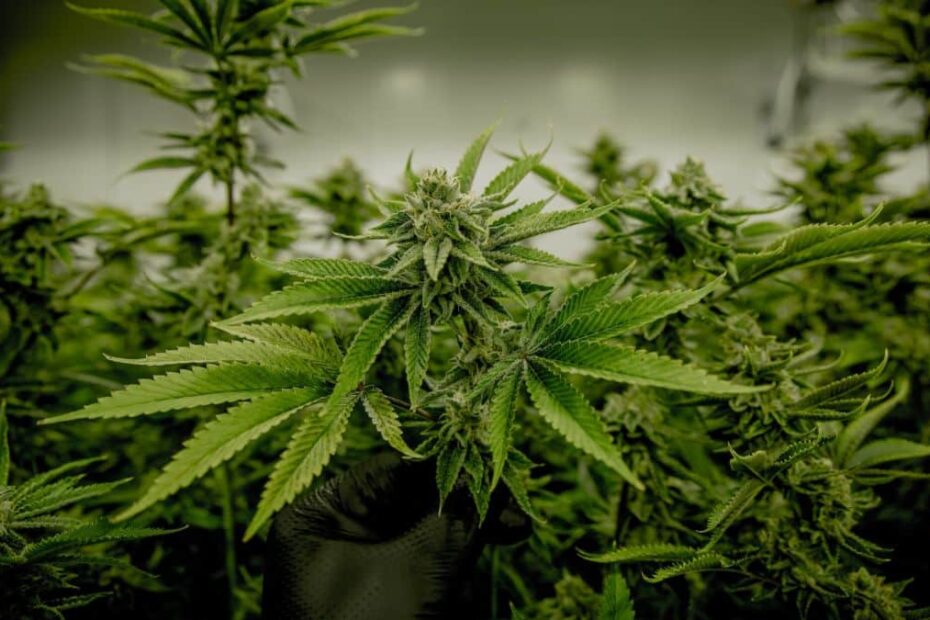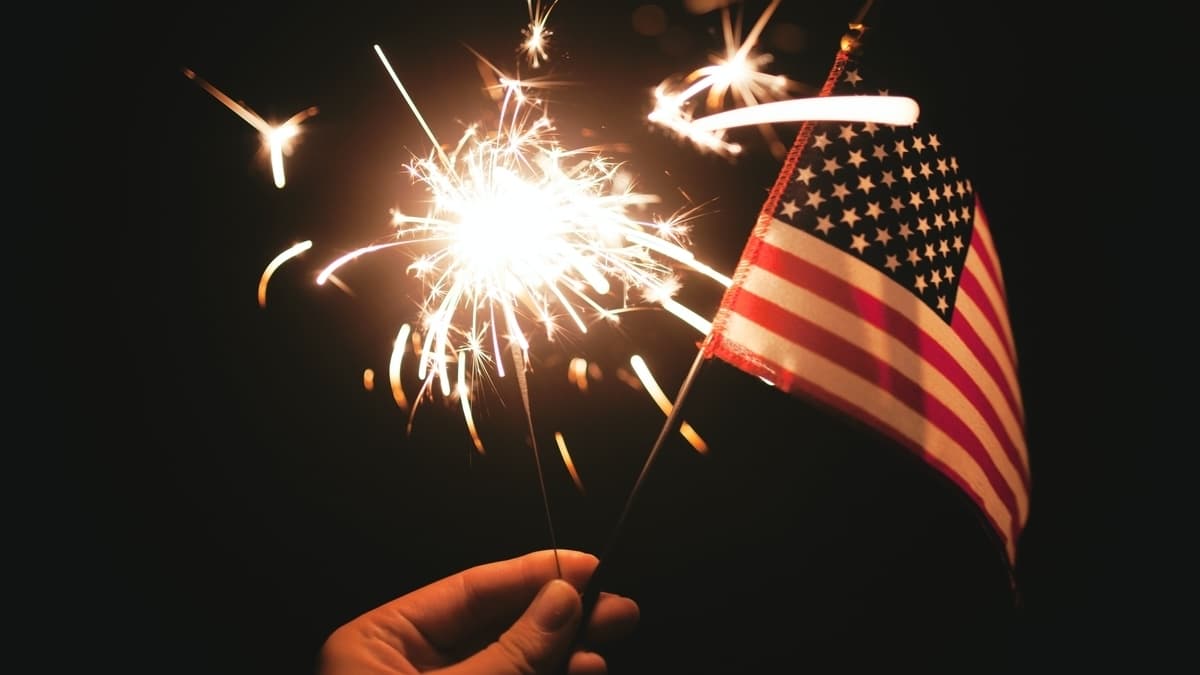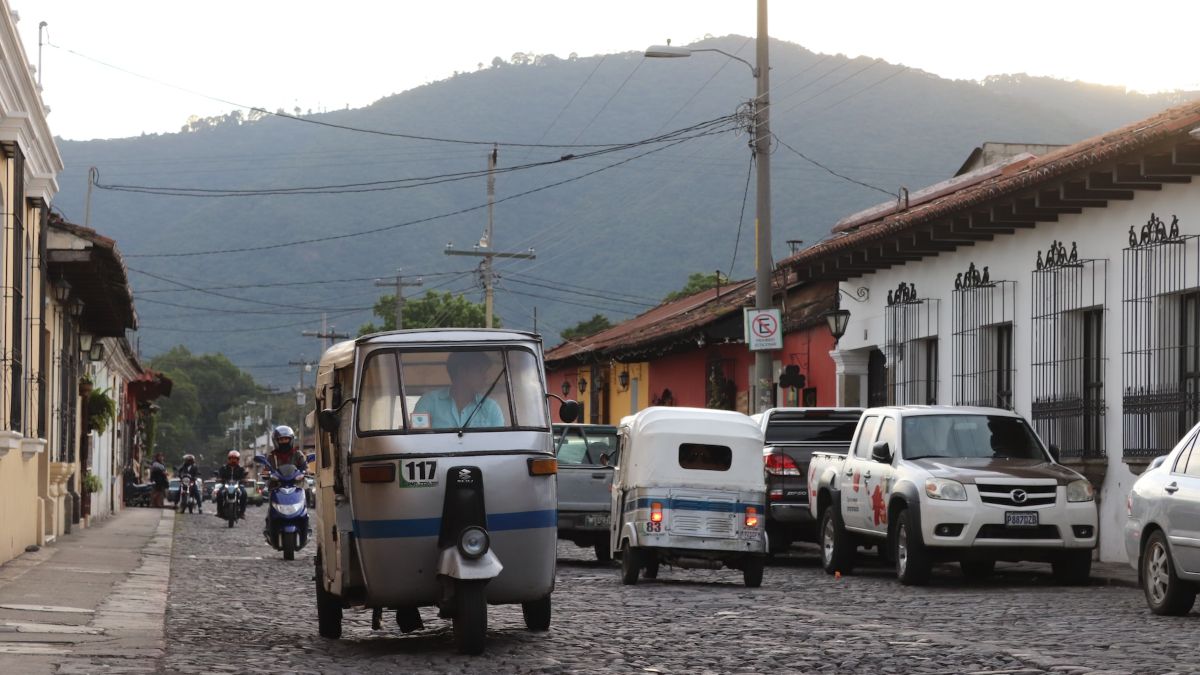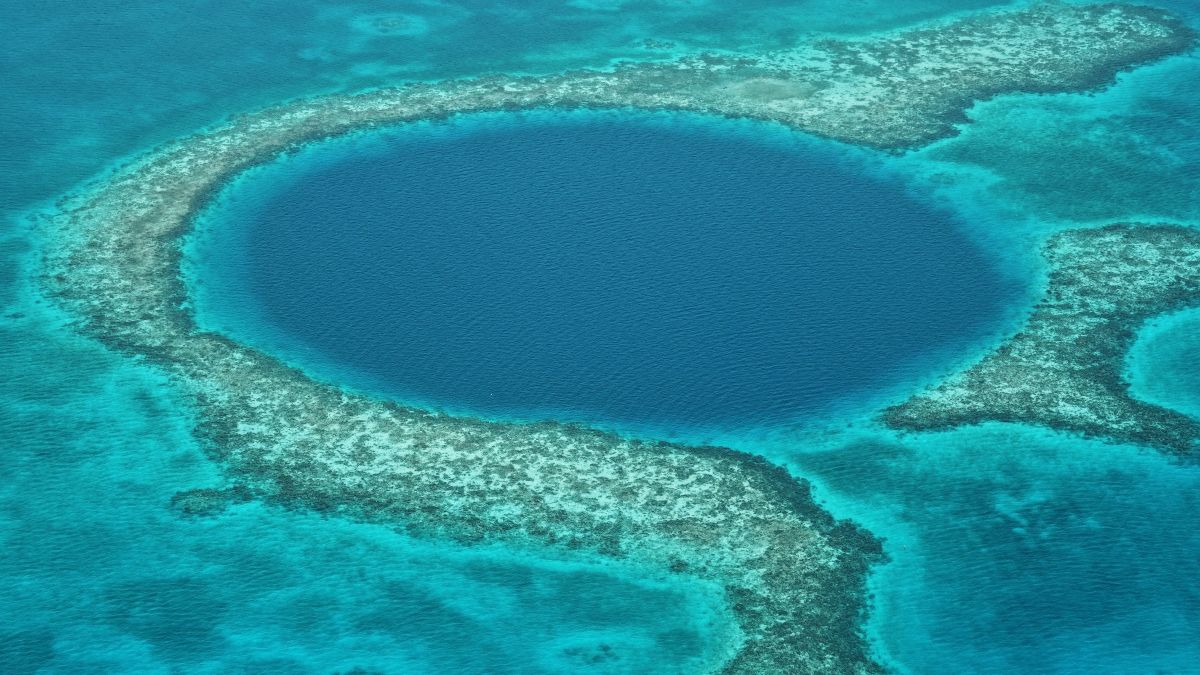Back in 2017, Belize amended its Misuse of Drugs Act. This amendment effectively decriminalized marijuana in Belize, but was also criticized for its lack of clarity. So here’s the big question: Is marijuana legal in Belize?
Are you from a country where recreational or medicinal marijuana is legal? Are you thinking about moving to Belize and continuing your weed smoking activities?
Not so fast, my ganja-loving friend!
In November 2017, Belize amended its Misuse of Drugs Act to allow legal marijuana use on private property. This amendment placed Belize in the forefront of Central American countries allowing legalized cannabis consumption.
But here’s the thing. Although you could possess marijuana at home (and “private property”, for the sake of definitions, really means someone’s house as opposed to someone’s business, say a bar or restaurant), the 2017 amendment came with caveats.
For example, you can only have up to ten grams of marijuana. I guess we need to assume they mean ten grams on your person and/or property. That is not at all well defined in the law.
The 2017 amendment said that, despite individuals not facing criminal charges for possession of up to ten grams, everything else around it was still illegal. Meaning that it was – and remains – still illegal to grow, buy, or transport marijuana. So… if I can’t grow my own weed, buy it from someone else, or transport it to my home, how can I possess or consume it?
Yes, you can smoke in Belize 😉#leafygreenagency #canabis #weed #canabiscommunity #marijuana #thc #sativa pic.twitter.com/NtMHWyYJUo
— Leafy Green Agency (@LeafyAgency) June 15, 2022
Like many laws in Belize, this amendment is vague. So is marijuana legal in Belize or not?
The 2017 amendment, signed by the then-Governor General, Sir Colville Young, states the reason for the amendment is “to decriminalize the possession of cannabis in amounts not exceeding ten grams, to provide for the imposition of monetary and non-recordable penalties for the possession of cannabis in such amounts occurring on school premises, in specified circumstances, to decriminalize the smoking of cannabis on private premises.“
Since the 2017 amendment doesn’t specify cannabis use to be only for medical purposes, it makes way for legal recreational use in Belize. As long as you remain within the parameters outlined above, marijuana in Belize is, if not exactly legal, certainly decriminalized.
In 2022, the government managed to get the Cannabis and Industrial Hemp Control and Licensing Bill passed through both houses of the National Assembly.
This bill outlined a framework of full legalization of marijuana in Belize and plus industry guidelines for the legal cultivation and sale of the plant. With little opposition from politicians, it could have gone to the Governor-General for signing as a done deal.
The church, however, long-standing opponents of marijuana legalization in Belize, managed to raise enough signatures to force the bill through to a referendum.
Opposition against the bill grew, with the banking sector and segments of the tourism industry joining the Council of Churches. By July 2022, the referendum, set tentatively for September, was no longer happening.
One of the main reasons for cancelling the referendum was the supposed $5 million cost of holding it in the first place. Since then, there’s been no progress on a new referendum date at all. The Cannabis and Industrial Hemp Control and Licensing Bill is now back with the legislature where it may or may not see the light of day again at some point.
But as far as the full legalization of marijuana in Belize goes that was part of the bill, that’s over for now. We’re back to the vague decriminalization language of 2017.
What doesn’t help the government and other proponents of legalization is an incident in April 2023, where marijuana-infused candies were being sold to kids outside a Belize City primary school. The incident, although accidental, put around a dozen children in hospital. It also strengthened the hand of anti-legalization campaigners.
#BELIZE: Home Affairs and New Growth Industries Minister, Kareem Musa, was asked by reporters to comment on his reluctance to admit that banking sector concerns would present a roadblock to the bill. pic.twitter.com/JdyAyPj3XN
— CaribbeanNewsNetwork (@caribbeannewsuk) August 4, 2022
Despite all this, Belize remains one of the more progressive countries in Central America on this issue.
Belize was the first country in Central America, with the 2017 amendment, to relax its weed policy. No other country in Central America had decriminalized before Belize did. You could say that Belize was a regional pioneer in this regard.
Since then, Costa Rica has – in all but name – also decriminalized recreational marijuana. In 2022, Costa Rica legalized medical marijuana, taking a step beyond Belize. Medical marijuana is also now legal in Panama (since 2021), although recreational weed remains forbidden.
Aside from Costa Rica, Panama, and Belize, the policy of total prohibition remains the norm elsewhere in the region.
It’s Mexico, Belize’s big neighbor, that leads the way, though. It decriminalized small amounts of marijuana in 2009 and legalized medical marijuana in 2017. Then, in 2021, the Mexican Supreme Court ruled that recreational marijuana prohibition is unconstitutional.
The most amusing and mind-boggling statistics on cannabis use in Central America come from the United Nations Office on Drugs and Crime (UNODC).
According to the United Nations World Drug Report in 2020, Belize holds the record for the highest marijuana use in Central America… at a whopping 8.5 percent of the population! It took me a while to stop laughing, but then I read the report again. And yes, that’s what it says —“8.5 percent of the population!”
This is comical. As a Belizean friend said, “Maybe they wrote their statistics backward. Maybe they meant only 8.5 percent of Belize doesn’t smoke weed!”
The 2020 report also states that marijuana use is one percent in Costa Rica, 4.8 percent in Guatemala, 0.8 percent in Honduras (yes, that’s point eight percent), and 3.6 percent in Panama. No stats for El Salvador or Nicaragua. I guess they don’t smoke weed there.
Say what? Has anyone from the United Nations ever been to Belize or the other Central American countries?
Is recreational marijuana legal in Central America? Find out where recreational weed is legal, illegal, and decriminalized in each country.https://t.co/n1eJ79QjDE
— Central America Living (@VidaAmerica) August 25, 2022
With new reports coming out all the time extolling the positive benefits of cannabis, it’s possible many people moving to Belize may already use this herb to supplement their medical regimen.
If that’s the case, please proceed with caution. Know that Belize isn’t like the States, where, say, it’s legal to buy delta 9 products online. The best advice is to get to know people living in Belize who share the same desires as you and learn from their experiences.
Laws are one thing, but how Belize enforces them (or not), are something else. And please remember that legalized and decriminalized are not exactly the same thing. At least until that referendum ever rolls around.




